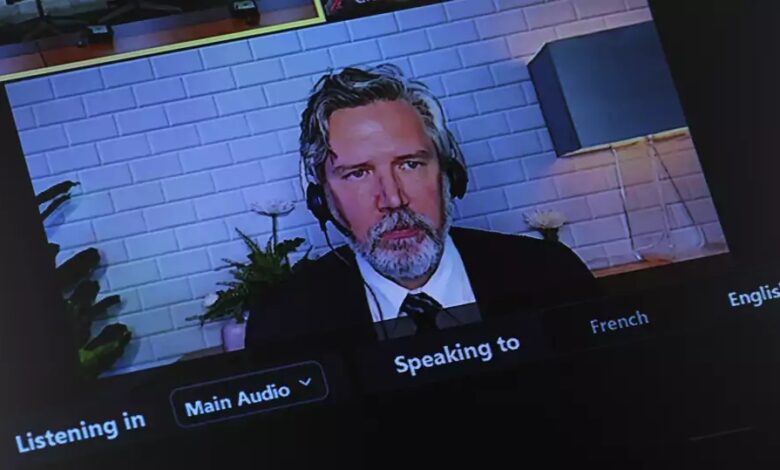Canada’s Bill C-18 is an accidental blow to censorship

Commentary
The Liberal government’s recently passed Online News Act, also known as Bill C-18, requires technology giants such as Google and Meta to make deals with Canadian media companies such as Bell, Postmedia and Torstar for the right to link to their Canadian content.
To the dismay of Prime Minister Justin Trudeau, the tech giants are refuse to play with the ball. By saying they don’t value the right to link because links benefit the publishers but not them, they decided to neutralize the law by promise to block access Canadian news content on their platforms when the law comes into effect.
“That argument put forward by the internet giants is not only flawed, it’s also dangerous for our democracy and our economy,” Trudeau said. “Apart from the jobs and communities supported by local journalism, by professional journalists, understanding what’s going on in the world around us is an essential service.”
If the goal really is “understanding what’s happening in the world around us,” Bill C-18 has dealt a blow to censorship. The mainstream media and big tech have long been society’s main censors, banning content they deem undesirable. Google-owned YouTube recently banned a podcast discussion between Jordan Peterson and Robert Kennedy Jr, Joe Biden’s main rival for the Democratic nomination for president, because it believed Kennedy’s views on vaccines be unacceptable.
YouTube is not alone in this. Virtually all mainstream media has long banned criticism of vaccines, just as it has banned criticism of conventional wisdom about COVID, whether it’s about alternative therapies like hydroxychloroquine or the effectiveness of masking or lockdowns or social distancing.
The government’s enforcement of orthodoxy extends to numerous other areas: climate change, the war in Ukraine, gender issues, and the 2022 trucker protest. Those who defy orthodoxy will be suspended – Donald Trump was even banned from Twitter.
In all of these areas and more, the public’s main sources of information – the mainstream media and social media – actively prevent the public from hearing the views of those who disagree with conventional wisdom, thus “understanding what is going on in the world around us”. us.” If Bill C-18 reduces the disruptions caused by sharing links to the censoring media, public understanding of these controversial issues will not suffer, even if media companies that get fewer clicks do.
Media analysts such as internet policy expert Michael Geist, a professor of law at the University of Ottawa, say blocking news content “will disproportionately harm smaller and independent media outlets and leave the field for lower quality sources.” That statement is only partially true, because many small outlets would never qualify to receive big-tech payments — Bill C-18’s “Code of Ethics” provision prohibits payments to media organizations that don’t follow the government narrative on issues like COVID and the truck drivers. The only small and independent media organizations that could get referrals from Bill C-18 were those sidelined with controversial government stories.
Big tech’s refusal to play ball with Bill C-18 won’t hurt those media outlets that dare to speak the truth to power. Nor can they reasonably be labeled as ‘lower quality sources’. If anything, the big tech’s refusal disproportionately harms the media outlets that subscribe to the government’s stories, leveling the playing field for small, independent non-censoring media outlets.
Bill C-18 dealt a blow to censorship, both government and media.
The views expressed in this article are the views of the author and do not necessarily reflect the views of The Epoch Times.




